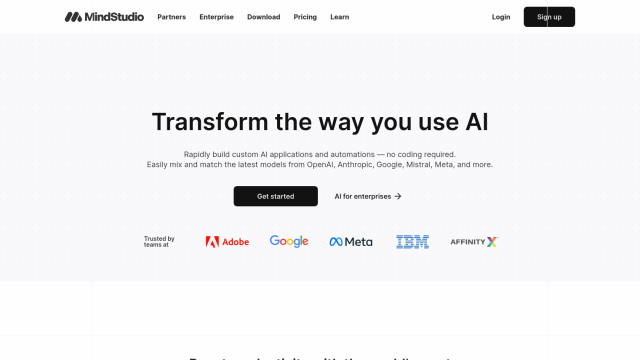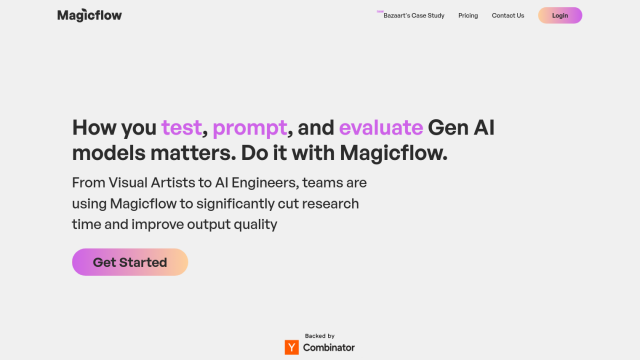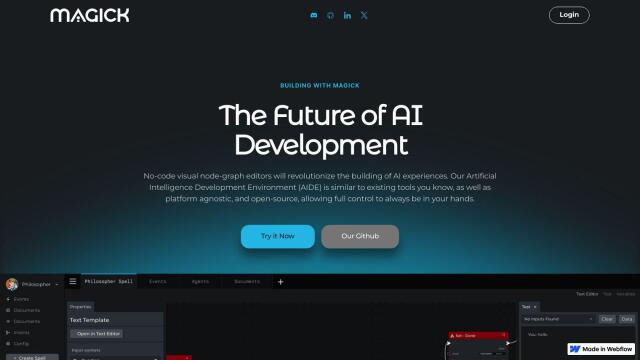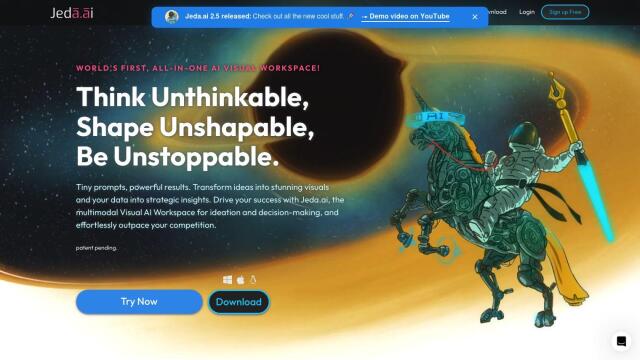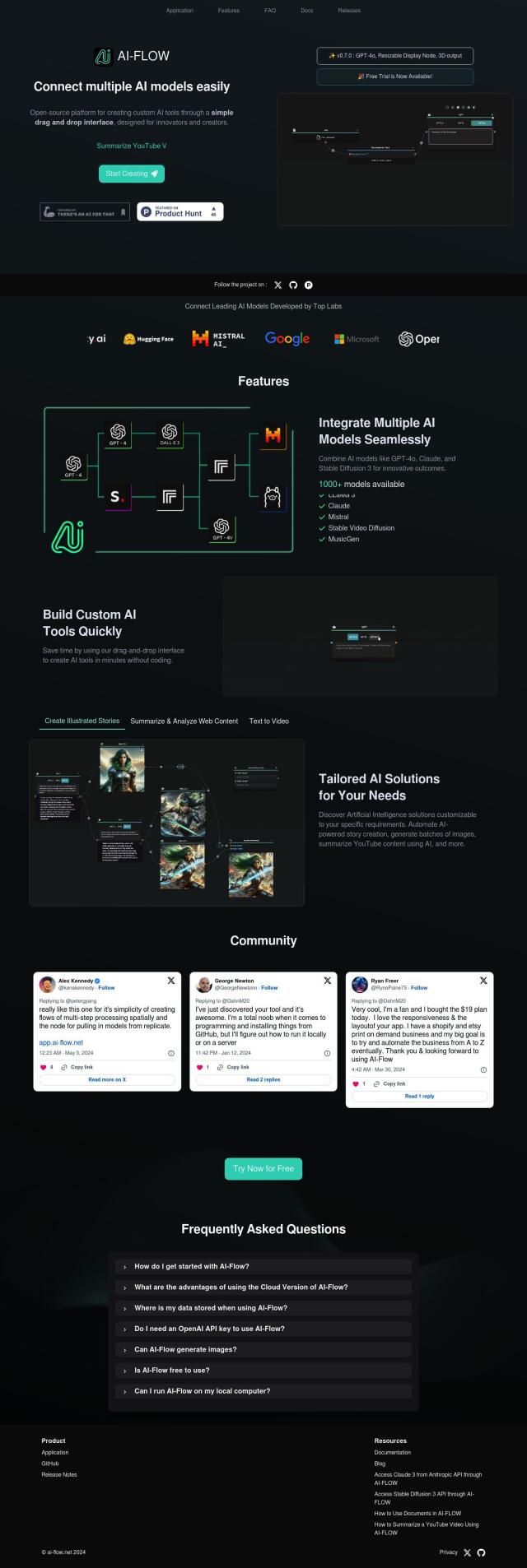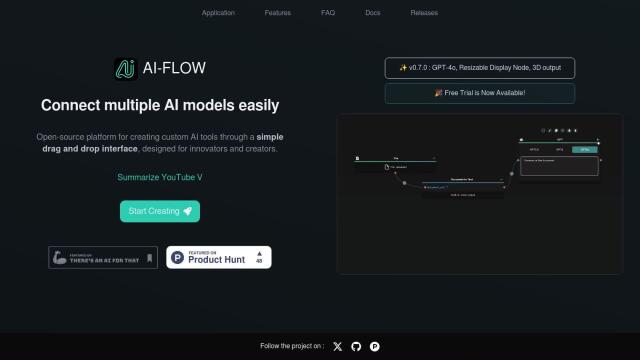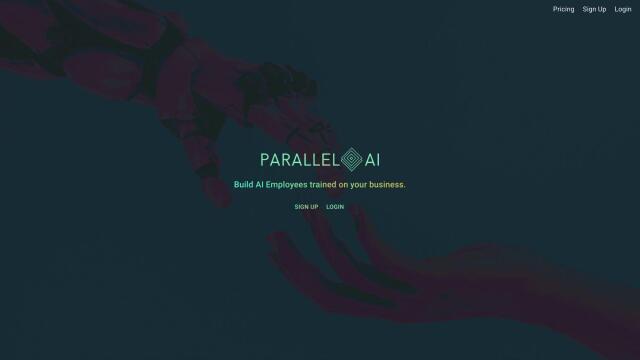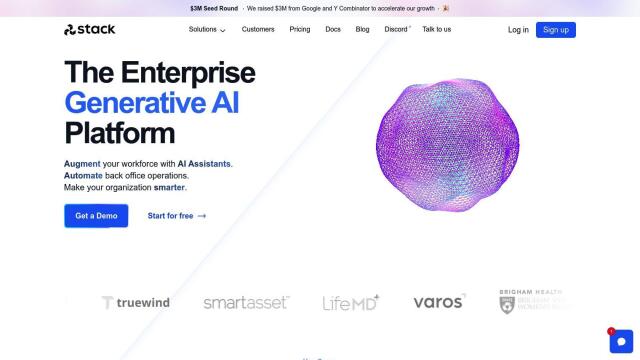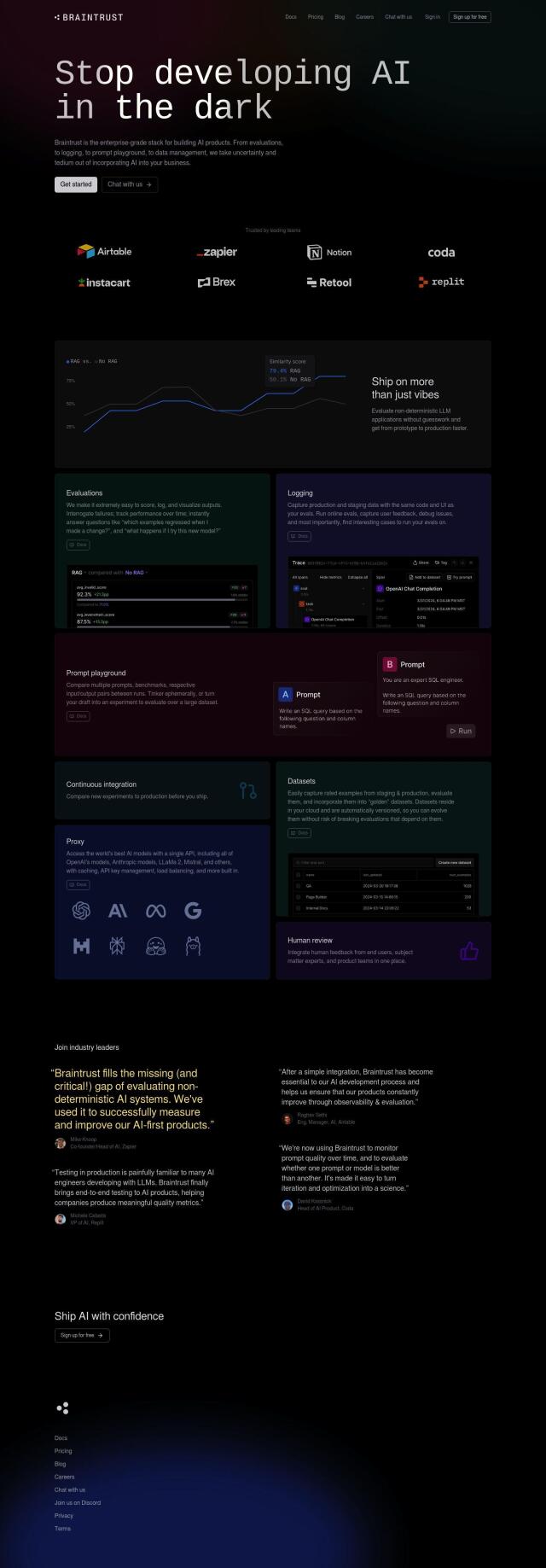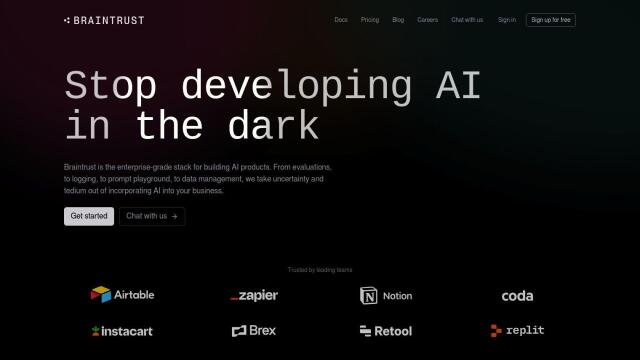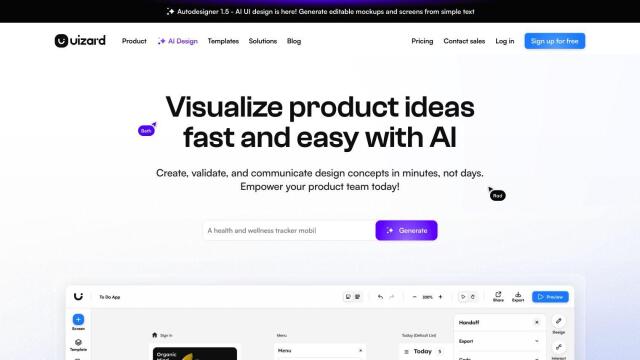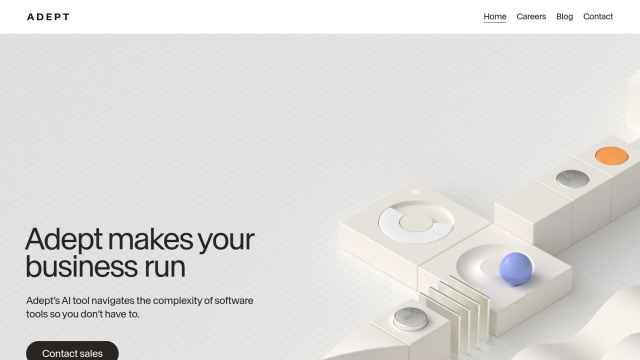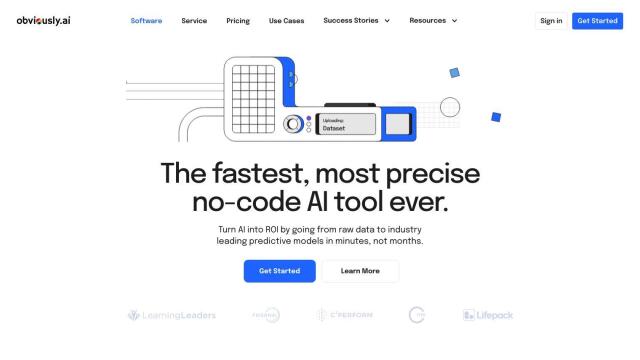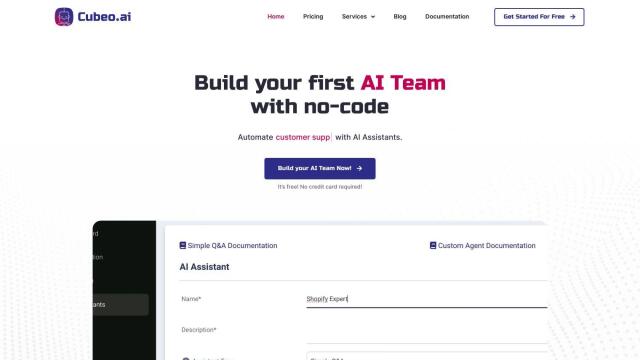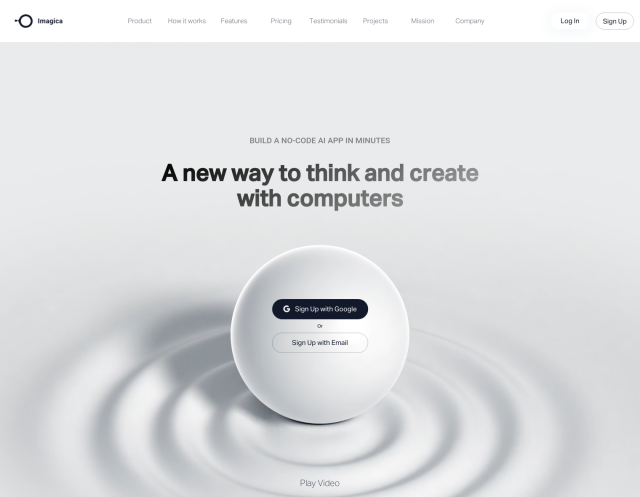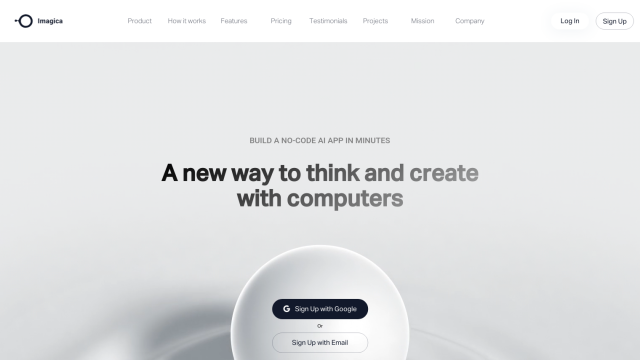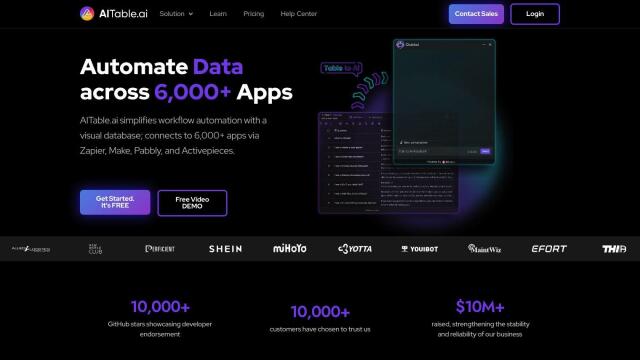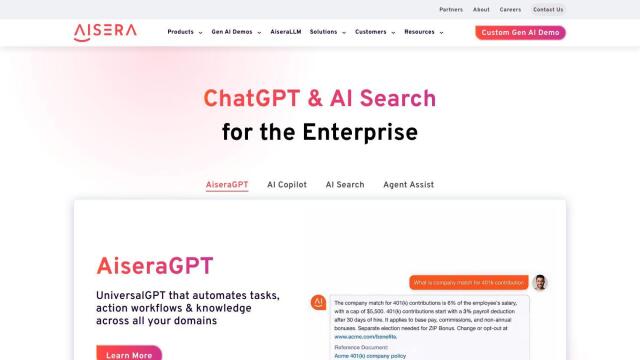Question: Is there a tool that allows me to design, test, and iterate on AI-powered solutions in a collaborative environment?
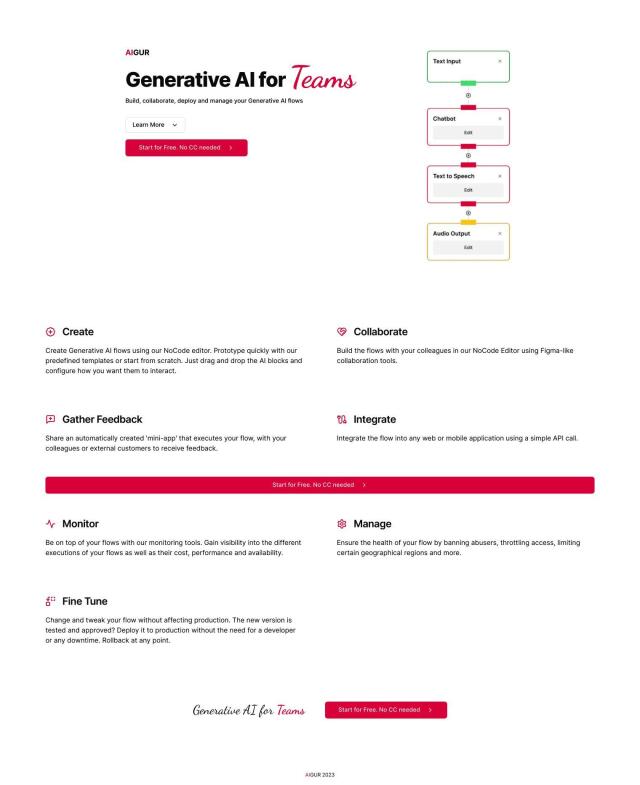
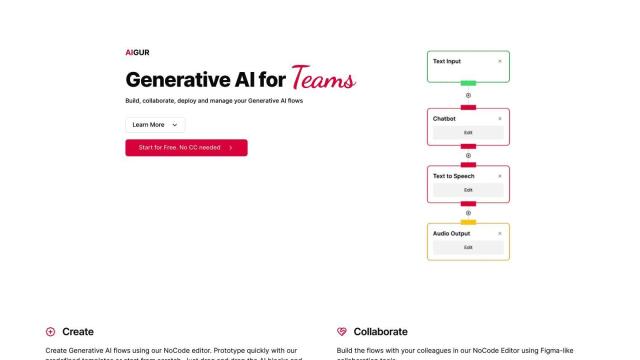
Aigur
One good candidate is Aigur. The service lets teams build, collaborate, deploy and manage generative AI flows with a NoCode editor that starts with prebuilt templates. It's got collaborative editing that's similar to Figma, the ability to gather feedback with shareable mini-apps, and integration with web and mobile apps. Aigur also has more serious management tools for flow health, performance and security, so it's good for fast development and secure collaboration.

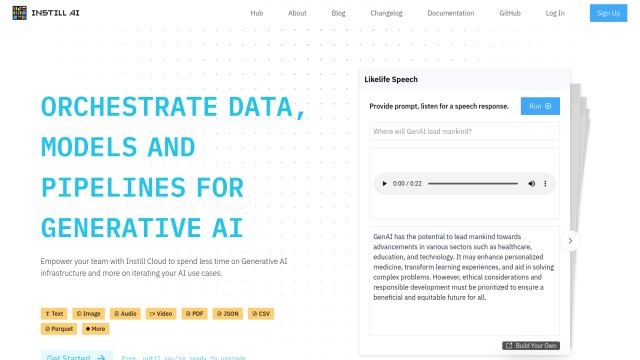
Instill
Another contender is Instill. Instill is a no-code/low-code AI platform that streamlines data, models and pipelines for generative AI. It's got features like speech responses, webpage summarization and visual help. With a drag-and-drop interface and the ability to import and deploy AI models, Instill is geared for a collaborative environment and supports multiple programming languages through its SDKs. It's geared to speed up AI app development, so it's a good option for a lot of use cases.

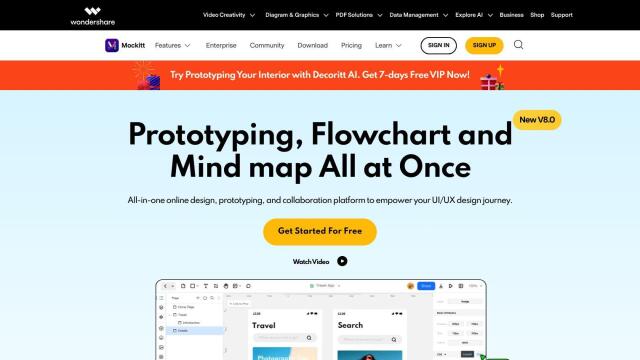
Mockitt
If you're more of a designer, Mockitt is an all-in-one design, prototyping and collaboration tool. It's got easy-to-use tools for creating flowcharts, mind maps and real-time collaboration with AI tools like AI prototype generation and magic fill. Mockitt supports web and mobile apps and is good for a broad range of people, from UX designers to developers, to speed up the design process and get everyone on the same page.

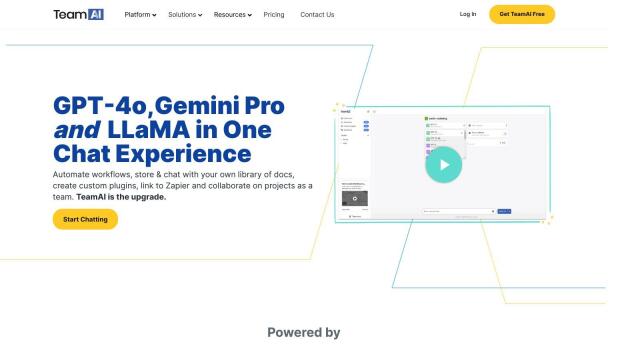
TeamAI
Last is TeamAI, which offers an AI workspace where teams can work with large language models like GPT-4 and LLaMA. It's got centralized AI workspaces, shared libraries of prompts, and custom plugin abilities to automate workflows. TeamAI is good for different teams and can automate and augment AI-driven work, so it's a good option for teams that want to use AI to boost productivity and creativity.

